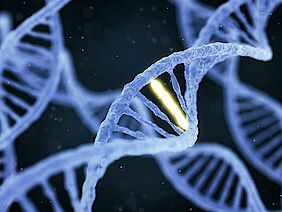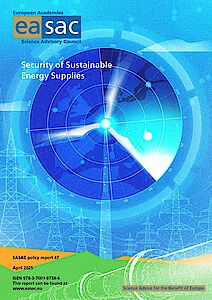Publications
EASAC and the New Plant Breeding Techniques
The forthcoming decision by the European Court of Justice on the regulatory situation relating to those techniques in plant breeding that draw on advances in molecular biology, is anticipated to be very significant for agricultural innovation in Europe.
It is expected that the decision will clarify the status of certain new plant breeding techniques, including genome editing. We welcome the efforts to resolve current legislative uncertainties. New Breeding Techniques have the potential to contribute much to intensified crop productivity, sustainable agriculture and the response to climate change. For example, research aims to develop new cultivars with higher yield potential, enhanced abiotic and biotic stress resistance and improved nutrient composition. The increasing precision and targeting now possible in plant breeding represents a big change from conventional breeding approaches.
EASAC has previously advised that responsible innovative agriculture merits consideration of deployment of all available approaches, traditional and novel, building on existing achievements for good agronomic practice. Moreover, setting priorities for sustainable agricultural production within an integrative food systems approach must also take account of pressures on other critical natural resources and encompass both supply-side and demand-side issues: reducing food waste and changing to healthier consumption patterns. Molecular biology can play its part and we now take this opportunity to reiterate EASAC’s previous advice on general principles on how best to capitalise on genomics research as one of the approaches to tackling the challenges for food and nutrition security.
back to overview
































